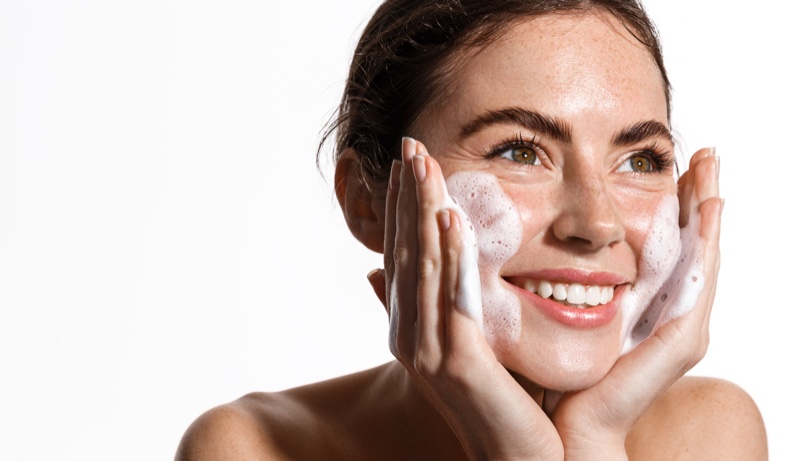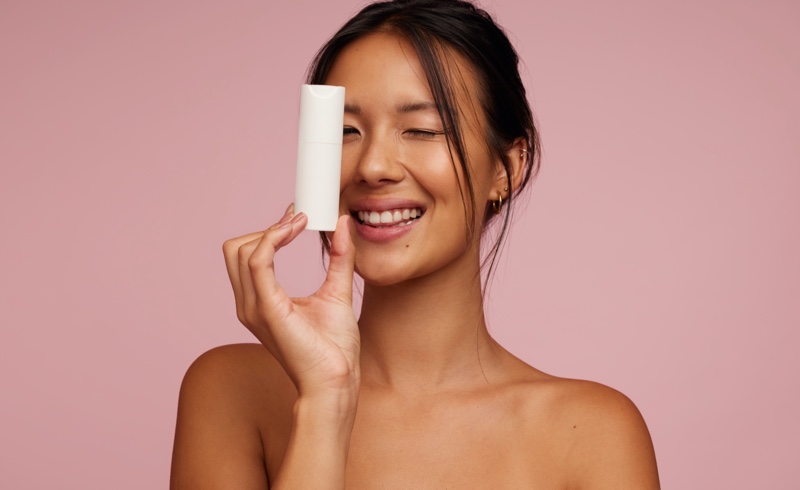
Skin that is prone to acne requires special attention and care. Acne can be caused by many factors, but the majority are related to how you treat your skin. After you know your skin type, and receive the right treatment, acne will improve.
There are several things you can do at home to manage the problem. Here are some tips on how to keep your acne-prone face healthy.
1. The Right Skin Care
Understanding your skin type is crucial to choosing the correct products. A dermatologist who specializes in acne, such as those at RFSA Skintology, can help you. The dermatologist can tell you what type of skin you have and the products that are best for it.
You can also visit a dermatologist regularly to ensure you treat your face with the right product combinations. Regular dermatologist visits will ensure that you are using the correct product combinations to treat your skin.

2. Keep it clean
Your face is not clearing up because your pores are blocked and there is no breathing room. If you don’t clean your face after using products, these products will clog up your pores and cause you to have constant breakouts.
Regularly wash your face with clean water and a mild cleanser. Cleaning it after you have exposed it to dust or products, as well as dirty hands will help restore its health.
3. Skin Care: Be Gentle
Skin that is prone to acne can be very sensitive. Use of harsh products or fabrics will only make acne worse. When cleaning your face, use mild products. Use your hands and be gentle when cleaning the areas of your body that are prone to acne.
Be careful as well when wiping. It is best to use a soft, clean towel to gently pat your face. Avoid using a towel previously used to wipe skin prone to acne. Contamination could cause more breakouts.

4. Keep your skin moisturized
Insufficient moisture is one of the main reasons why acne does not improve. Keep your skin hydrated to remove all impurities and make you glow.
Drink plenty of water and use a moisturizer as often as you can. This will prevent it from becoming too dry and causing unwanted breakouts. Combining moisturizers with acne treatments will help you clear up your face, and other areas that are prone to breakouts.
5. Exfoliate regularly
Dehydration can be harmful to your body. Exfoliate your skin at least once per week to remove dead skin. If you have a lot of dead skin on your body, it will clog up your pores and cause breakouts. The exfoliator, like any other product that you use to treat acne-prone areas of your skin, should be gentle.
Exfoliating your skin too frequently can cause it to be overexposed. For best results, only exfoliate when needed. According to your skin type, a dermatologist who specializes in acne will recommend the best exfoliating creams on the market.
CONCLUSION
Acne-prone acne can make you feel insecure and lower your self-esteem. Most acne is hormonal in nature and can be cleared with the right treatment. Keep your hands away from your face in order to avoid contamination.
Start your journey to recovery from acne by visiting a dermatology clinic that specializes in acne. Don’t be overwhelmed by the above tips. Take it one step at time and you will see your skin improve.















